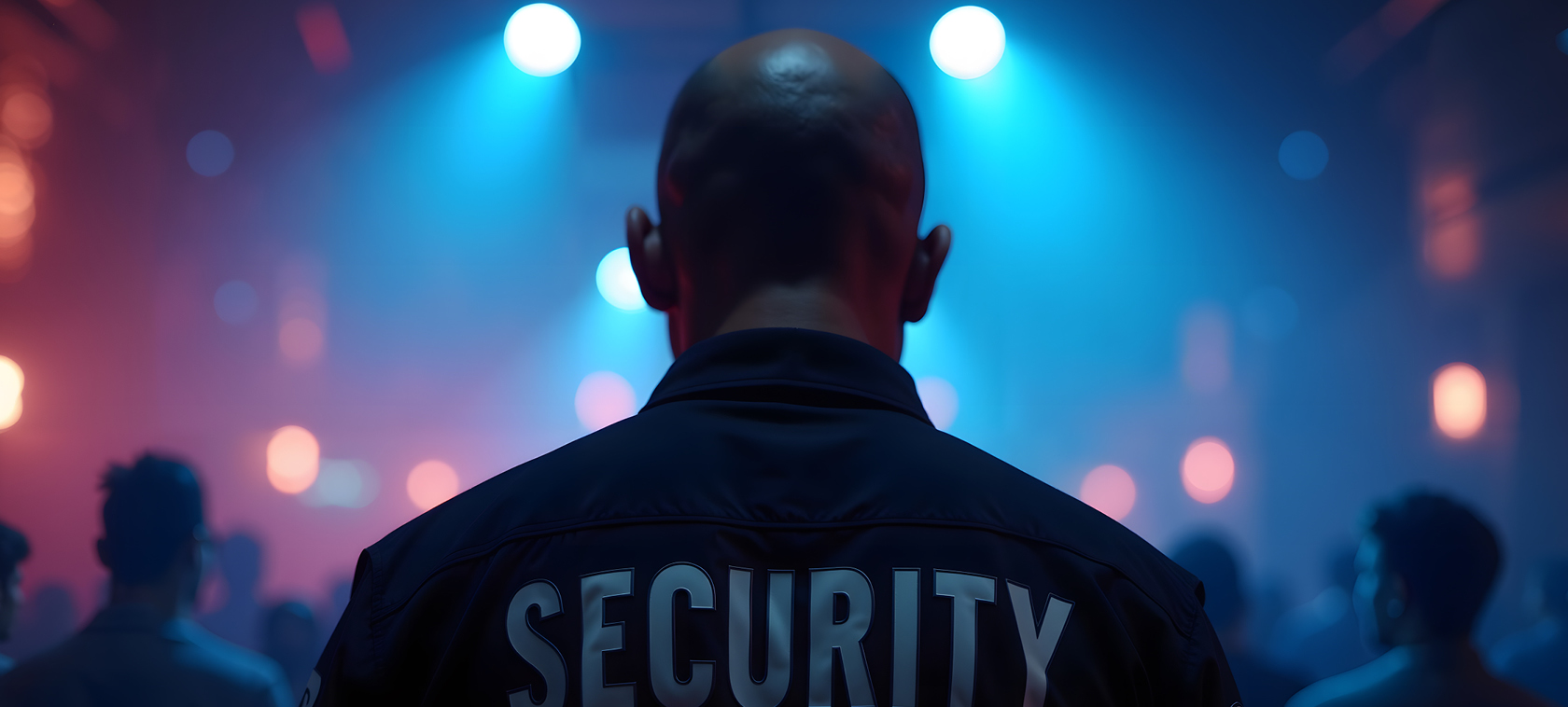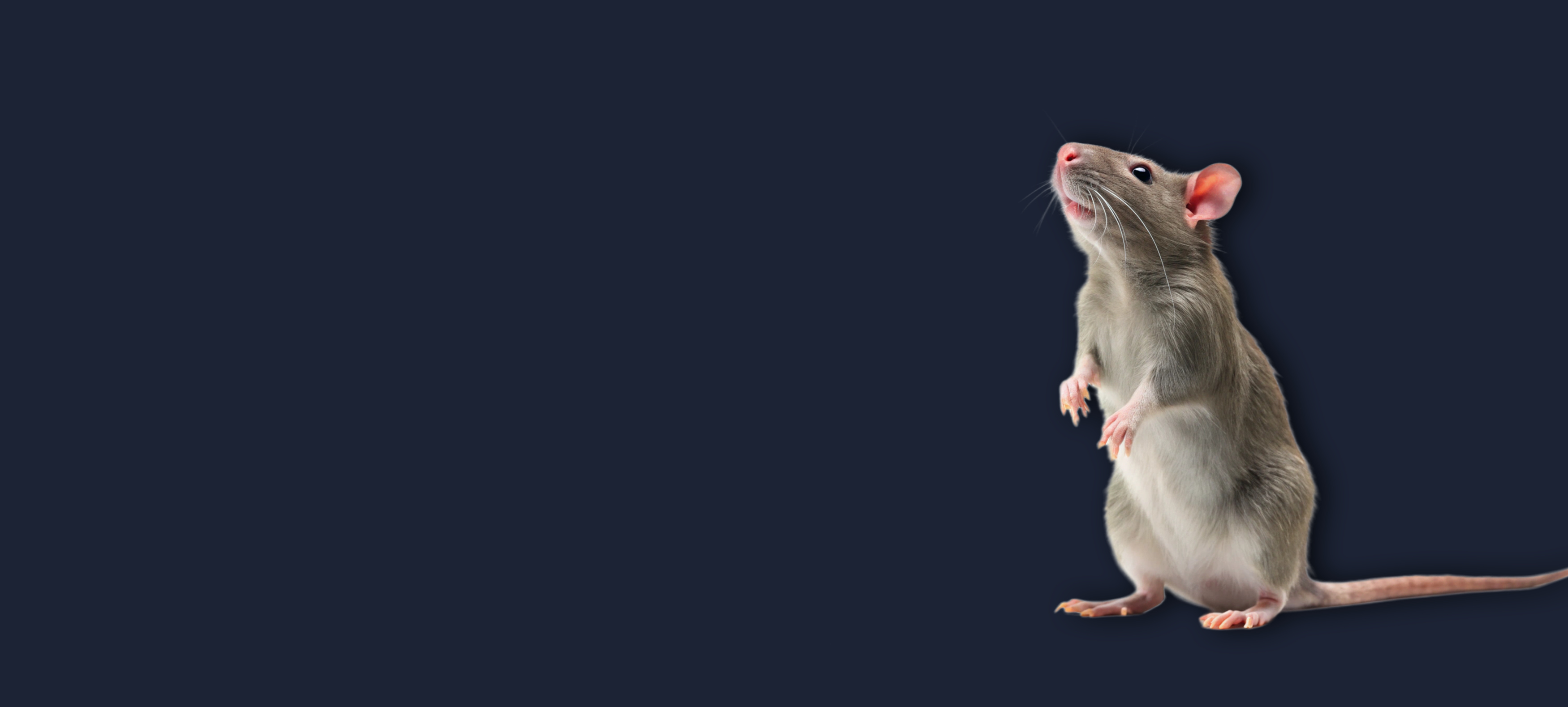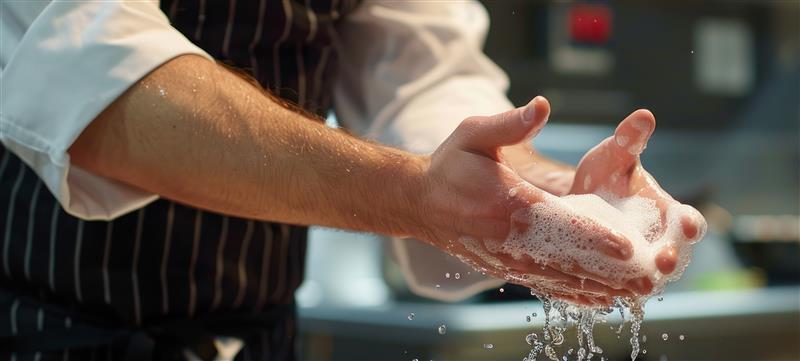What should I do if a staff member or customer has COVID-19 symptoms?
The staff member or customer should be advised to self-isolate in line with NHS guidance. They should use the NHS 111 online service; https://www.gov.uk/guidance/coronavirus-covid-19-information-for-the-public.
Any other staff members that have been in contact with the individual should be advised to let their manager or doctor know straight away if they develop any COVID-19 symptoms e.g cough or high temperature. The premises should be deep cleaned, paying attention to the hand contact points within the public areas. Please ensure that the sanitiser used is kept on the surface for the required contact time (see suppliers instructions for contact time).
Can I start to provide takeaways, and if so, what labelling should I use?
Yes, the government has relaxed the rules on permitted development rights for planning, and premises are being allowed to provide takeaways even if they do not have planning permission to do so.
Shield Safety Group have developed a free Takeaway guidance pack to assist you straight way with setting up of takeaways, including a safe method that can be used alongside your Food Safety Management System, as well as a risk assessment for takeaway deliveries. The main aspects of labelling to consider are; use by (if the food is not for immediate consumption) and allergen labelling.
What COVID-19 prevention cleaning procedures should I have in place?
If your premises is open and operational members of the public, it is advisable to carry out regular (at least 3 times a day) 2-stage cleaning, with hot soapy water and sanitiser on all hand contact points within the premises. This should be undertaken alongside the regular premises cleaning schedule.
After the announcement on 20th March 2020 that all pubs/restaurant should close, can I have private parties in the pub?
No – this would involve a social gathering and social interaction that would not follow the 2 metre distance rule. This type of gathering is deemed non-essential and may be reported. Local Authorities are following up on cases that have been reported to them of premises operating outside of the rules set on 20th March 2020.
A Staff member has chosen to self-isolate due to family member showing symptoms — tests eventually come back negative — can the staff member come back to work?
Yes, the staff member can come back to work however they should keep their manager advised of any symptoms that they display or if any family member is showing COVID-19 symptoms.
What control measures do I need to put in place if I am still open and have staff in the building?
If you are still operating and serving members of the public, it is highly recommended to carry out regular (at least 3 times a day) 2-stage cleaning with hot soapy water and sanitiser on all hand contact points within the premises, alongside the regular cleaning schedule. Ensure that staff are keeping their manager abreast of any COVID-19 symptoms e.g. cough, high temperature
I have a member of staff who has asthma or diabetes, are they allowed in work or do they need to self-isolate?
This depends how severe the condition is as this employee may have been deemed vulnerable by the government and told to self-isolate for three months at home.
Please check this with the staff member. If they have a mild condition and haven’t received guidance from the government, then please ensure that they take all the necessary personal hygiene precautions with regular hand washing. Please also ensure that when they arrive for work that they are carrying their necessary medical equipment eg their inhaler or insulin.
Do my staff need to wear masks?
There is little evidence that masks protect those who are healthy against coronavirus. The World Health Organisation recommends masks are only used in specific scenarios. These are:
– If you have COVID-19 symptoms (cough, fever), however the staff member should be isolating and should not be at work
– If you are caring for someone who has or is suspected to have coronavirus
– Masks are effective only when used in combination with frequent hand-cleaning with alcohol-based hand rub or soap and water.
- If you wear a mask, then you must know how to use it and dispose of it properly.
Based on these scenarios, staff members would not routinely need to wear masks, however a decision to require them to wear a mask may be taken if they are likely to be in close proximity to a person with suspected COVID-19 e.g. guest isolating within a bedroom of a hotel.
If a hotel is closed but still have staff manning it – what are the essential checks that need to continue?
Shield Safety Group have produced a free Shutdown Checklist of essential checks that require to be completed. However the essential checks are fire walks, flushing taps, freezer monitoring if stock held, visual in-house pest control checks and security checks.



